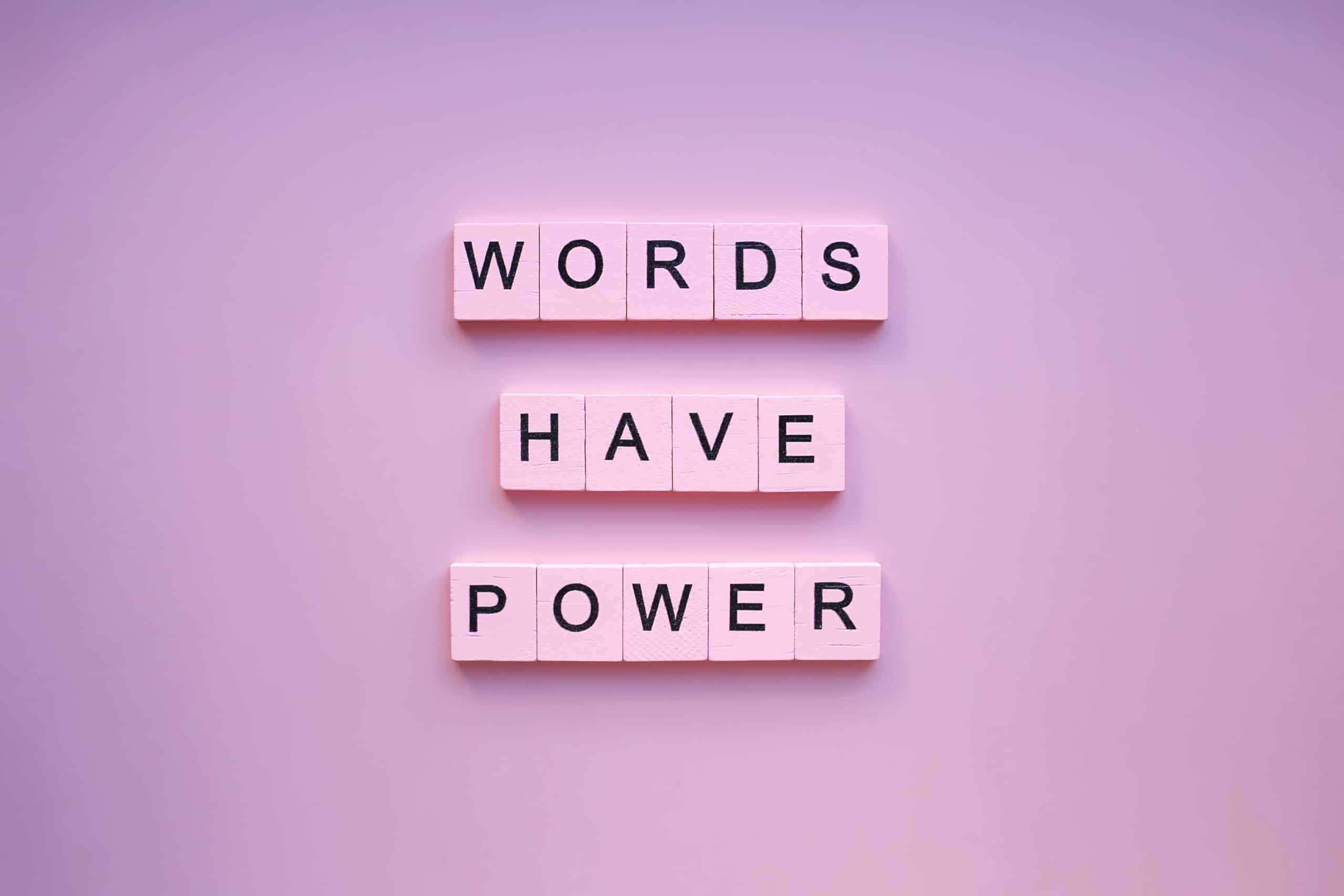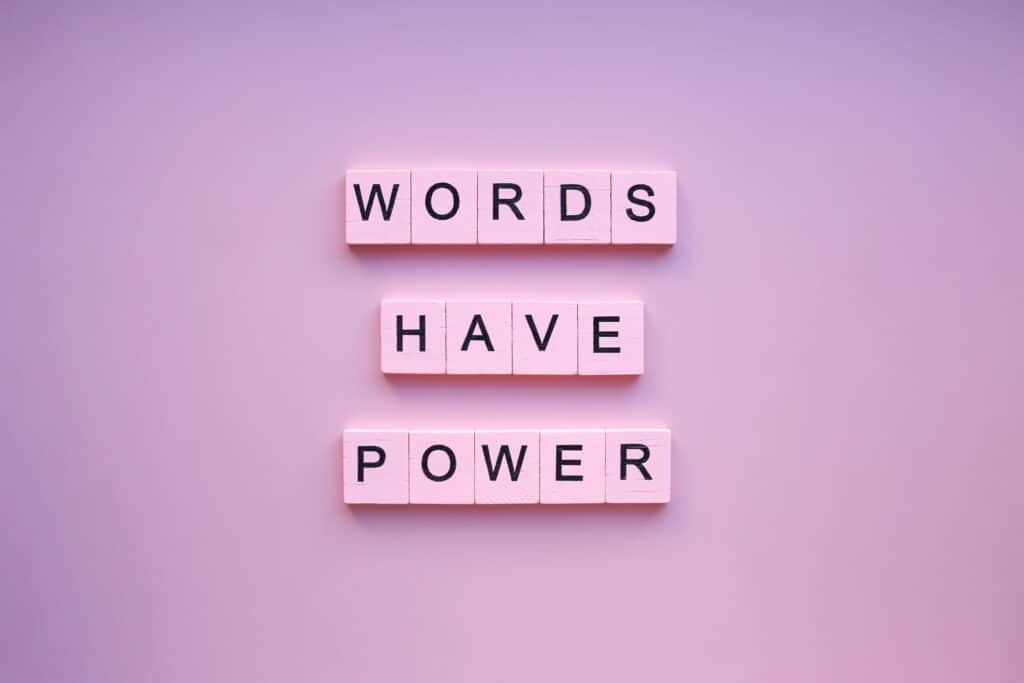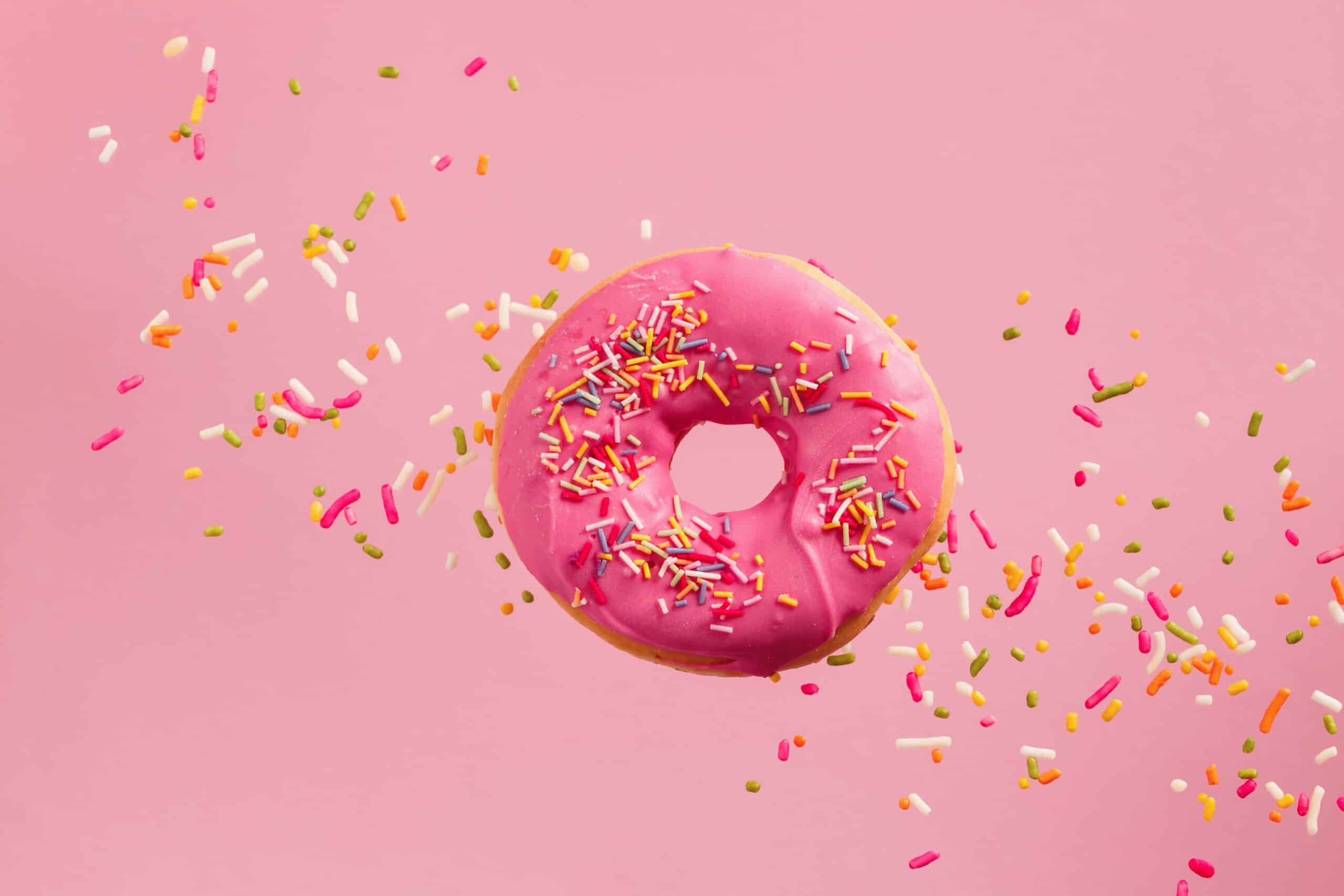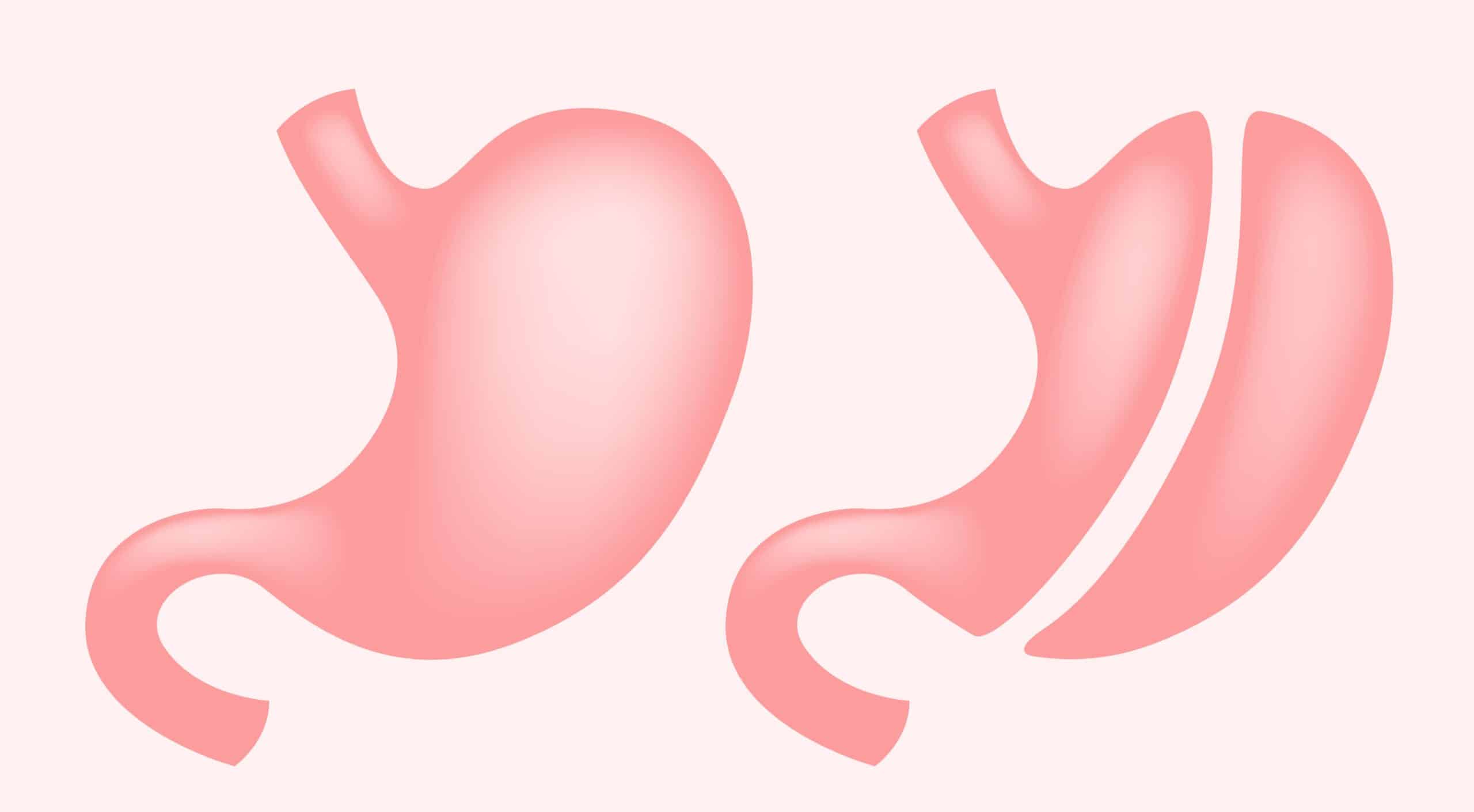Blog

The Weight of Words – Form vs Function and the Dialect of Diet Culture & Self Talk
It’s heavy isn’t it? Your too short legs buckle under the burden of the dialect of diet culture while you try to carry the weight of words on your far too narrow shoulders.
While you’ve done too much exercise, as you’ve eaten too much food, you still don’t have just enough muscle or just enough energy to manage the mass of insecurities that disassociate you from your own body but anchor you in a cycle of negative self-talk, poor body-image, and counter-intuitive eating practices.
Like modern day Goldilocks, we women are liable to be caught in appraising ourselves as being physically too much or too little, yet unlike Goldilocks we seldom find ourselves or our appearance to be just right.
Studies suggest that exposure to body-related language may trigger unintentional or subconscious maladaptive responses that go beyond an individual’s control – that is, they may elicit an involuntary negative appraisal or evaluation of one’s own body and/ or weight (Alleva, J et al. 2014, p. 181).
Such a vast majority of women are dissatisfied with their bodies – namely their weight and/ or shape—that this has been termed “normative discontent”(Ibid)
Normative? Seriously?
Through this act of self-imposed reductionism and objectification, we eventually come to separate ourselves from our bodies and bodily functioning – we become disembodied, dissected, and detached. After all, how can we attain substance if everything is simply surface?
We come to associate thin with good and fat with bad – both within the realms of our bodies and our food choices. Foods become categorised as “good” (aka slimming) or “bad” (aka fattening) despite having no inherent moral value.
Apples are not altruistic after all, and crepes have never committed crimes, and yet we wear our nutritional “syns” on our skin and look for redemption through unrealistic comparisons.
We seek external re-affirmation of what we internally feel about our external selves —despite not necessarily wanting or being grateful for the confirmation.
I mean, I don’t know about you, but I would not be my friend’s biggest fan if they did indeed agree that there’s more junk in my trunk than at a car boot sale.
Now, please don’t misconstrue my message, as this is far from being a trivial preoccupation or practice. The act of engaging in negative-self talk and reducing ourselves to our solely our bodily appearance has been determined to be a catalyst, if not causal factor, in the development of disordered eating and body image disturbances (e.g. body dysmorphia) – all of which severely impact and compromise both physical and mental wellbeing (Watts and Cranny 2010, p.1).
Though, research suggests that there is an antidote or antonym for our appearance based self-appraisals and it takes the shape of focusing on body-functionality over form.
Body functionality can be understood or related to the capacity of the body to perform certain things (e.g. bodily fitness, strength, dexterity, agility, etc), internal biological functioning (e.g. recognising internal cues such as fullness or hunger) (Alleva, J et al. 2014, pp. 182-183).
Results from studies and surveys suggest that focusing on bodily functionality over form may benefit body-image and increase feelings of greater body appreciation and overall healthier wholistic wellbeing practices.
Body appreciation may come to manifest itself as other positive wellbeing practices (i.e. positive eating and exercise behaviours etc) and a sense of re-embodiment.
For example, two samples of women tested a model of intuitive eating, in which the focus was on recognising bodily functions such as hunger and satiety (aka their just right) and how the food would make them feel on an internal or biological level (e.g. satisfied, energised, etc) as opposed to how it would feel on a psychosocial or external level – i.e. equivocating feeling full with “feeling fat”.
This research model highlighted the extent to which both samples of women felt a greater sense of bodily-content and established a better sense of bodily-trust, body-image and confidence (Ibid. p.182) when they shifted their focus away from the outside and looked inward.
So, what can we deduce from this?
- Focusing on what our body looks like instead of what it can do has been linked to poor body-image, depression, disordered eating and a reduced quality of life
- Whereas, focusing on what our body can do or how it feels has been linked to improved body-image, healthier practices, and greater trust in our bodies
If you want help finding your just right, contact us at [email protected] and learn what it feels like to feel yo’self.
Charlotte Munro, BSc
EHL Team x
References
- Alleva, J et al. (2014) ‘Body Language: Affecting Body Satisfaction by Describing the Body in Functionality Terms’, Psychology of Women Quarterly, 38(2), pp. 181-196. doi: 10.1.1.983.6203
- Quittcat, H et al (2019) ‘Body Dissatisfaction, Importance of Appearance, and Body Appreciation in Men and Women Over the Lifespan’, Frontiers in Psychiatry, 10(864), pp.1-12. doi: 10.3389/fpsyt.2019.00864
- Watts, K and Cranny, J (2010) ‘Automatic Evaluation of Body-related Words among Young Women: an Experimental Study’ BMC Public Health, 10(308), pp. 1-14. doi: 10.1186/1471-2458-10-308














